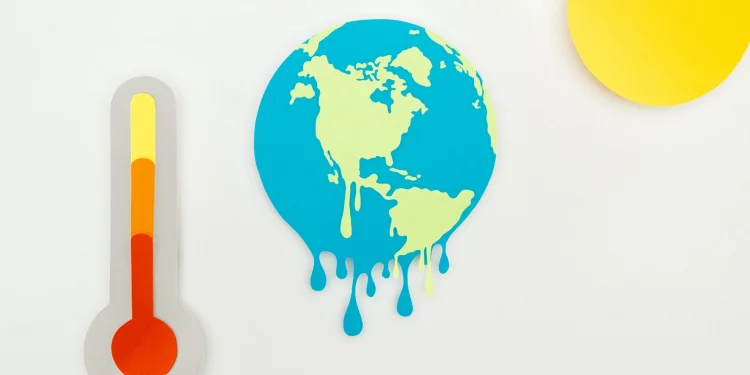Global warming, a long-term rise in Earth’s average temperature, poses significant challenges to public health worldwide. As global temperatures continue to rise due to human activities, particularly the emission of greenhouse gases, the implications for health are becoming increasingly severe and complex. Here’s an overview of the key health implications associated with global warming:
1. Increased Heat-related Illnesses and Deaths
Higher temperatures can lead to an increase in heat-related illnesses, such as heat exhaustion and heatstroke, particularly in vulnerable populations like the elderly, children, and those with pre-existing health conditions. Urban areas can experience even higher temperatures due to the heat island effect, exacerbating the risk of heat-related mortality.
2. Respiratory Disorders from Air Pollution
Global warming contributes to poorer air quality by increasing the concentration of pollutants and allergens in the air. Conditions such as asthma, allergic rhinitis, and other respiratory disorders can worsen as a result of heightened levels of ozone and particulate matter, fueled by higher temperatures and altered weather patterns.
3. Spread of Infectious Diseases
Warming temperatures and changing precipitation patterns can expand the habitats of vectors like mosquitoes and ticks, leading to the wider geographical spread of vector-borne diseases such as malaria, dengue fever, Lyme disease, and Zika virus. Warmer waters and increased flooding can also promote the growth and spread of water-borne pathogens, leading to outbreaks of diseases like cholera.
4. Food and Water Security
Global warming affects food production and water resources, potentially leading to food insecurity and malnutrition. Extreme weather events, such as droughts and floods, can destroy crops, reduce agricultural productivity, and contaminate water supplies, making it more difficult to access safe and nutritious food and clean water.
5. Mental Health Issues
The psychological impact of global warming is profound, with increased rates of anxiety, depression, and other mental health disorders related to climate change. Extreme weather events, such as hurricanes, floods, and wildfires, can lead to traumatic stress, loss of property, displacement, and a sense of loss for one’s community and environment.
6. Displacement and Climate Refugees
Rising sea levels and extreme weather events can destroy homes and habitats, leading to displacement and the creation of climate refugees. Displacement not only has immediate physical health risks but also long-term social and mental health implications, as communities are forced to migrate and adapt to new environments.
7. Increased Risk of Conflicts and Violence
Resource scarcity, such as competition over water and arable land, can lead to conflicts and violence, further endangering public health and safety. As resources become more scarce, tensions between communities and nations can escalate, leading to increased risk of conflict-related injuries and deaths.
Addressing the Health Implications of Global Warming
Mitigating the health implications of global warming requires global cooperation and swift action. Strategies include reducing greenhouse gas emissions, investing in renewable energy, enhancing public health infrastructure to better respond to climate-related health risks, and promoting sustainable agriculture and water use practices. Public health policies must also incorporate climate change considerations to protect vulnerable populations and build resilience against future climate-related health challenges.
The health implications of global warming are a clear indication that climate change is not just an environmental issue but a critical public health emergency. Addressing these challenges is essential for ensuring a healthier, more sustainable future for all.








